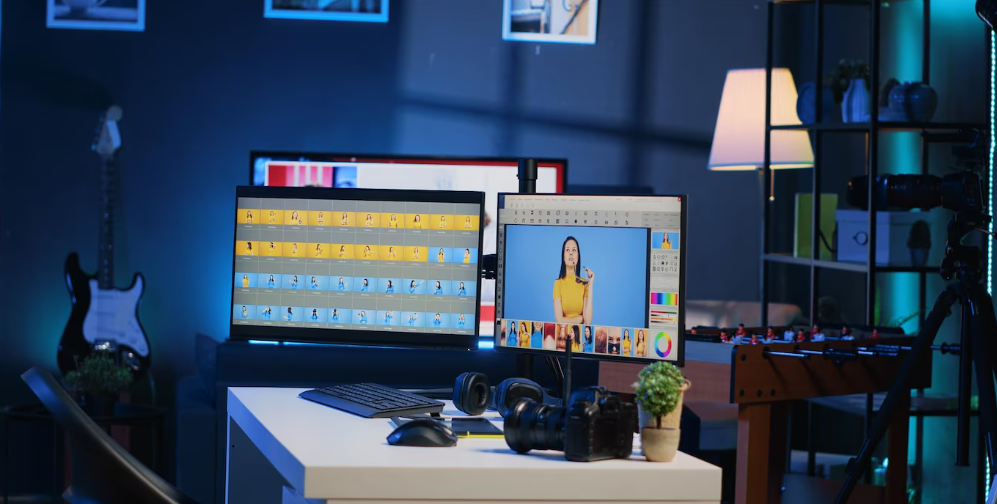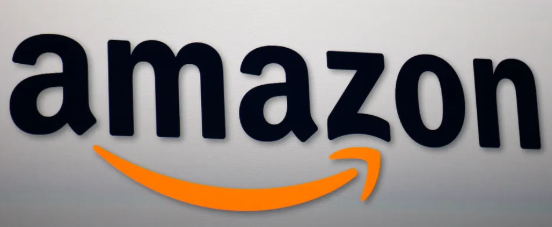OpenAI has always been at the forefront of artificial intelligence innovation, and its latest project, the Sora video generator, is no exception. However, a brief leak of this groundbreaking tool by early users has sparked heated debates, raising questions about transparency, accessibility, and the ethical implications of AI technologies.
What Is OpenAI’s Sora Video Generator?
Sora is an advanced AI-powered video generation tool developed by OpenAI. It enables users to create highly realistic and customizable videos from simple text prompts. Leveraging cutting-edge machine learning models, Sora promises to revolutionize industries like entertainment, marketing, and education by making video creation faster, cheaper, and more accessible.
The Brief Leak: What Happened?
Early beta users of Sora recently leaked the tool’s capabilities and interface in an apparent protest. The leak included screenshots, video samples, and internal documentation. This unauthorized disclosure was reportedly motivated by dissatisfaction over:
- Restricted Access: OpenAI’s decision to limit the beta program to a select few users.
- Licensing Terms: Concerns about the potential commercial restrictions on content generated by Sora.
The leaked materials quickly circulated online, drawing widespread attention and speculation about Sora’s potential.
Key Features of Sora (Based on Leaked Information)
- Text-to-Video Generation:
Users can generate videos by entering simple text prompts, similar to OpenAI’s DALL·E for image creation. - Customizable Visual Styles:
Sora allows for detailed control over animation styles, environments, and character appearances. - High-Quality Output:
The tool reportedly produces videos in 4K resolution with realistic motion and lighting effects. - Voice and Music Integration:
Users can include AI-generated voices and background music tailored to the video content. - Multi-Language Support:
Sora supports video generation in multiple languages, broadening its appeal to global users.
Concerns Raised by Early Users
1. Limited Access
Many early adopters expressed frustration over OpenAI’s restricted beta testing, claiming it stifles creativity and prevents valuable user feedback.
2. Ethical Implications
The ability to generate realistic videos from text prompts raises concerns about potential misuse, such as creating deepfakes or spreading misinformation.
3. Ownership and Licensing Issues
Questions about who owns the rights to AI-generated videos and how they can be commercially utilized remain unresolved.
OpenAI’s Response
In response to the leak, OpenAI emphasized its commitment to responsible AI development and announced plans to:
- Expand beta access to a wider audience.
- Clarify licensing terms to ensure fairness for creators.
- Implement safeguards to prevent misuse of the technology.
OpenAI also reiterated that Sora remains in its experimental phase, with features subject to change based on user feedback.
The Future of Sora and AI Video Generation
Despite the controversy, Sora has the potential to transform video production. Key areas of impact include:
1. Democratizing Video Creation
Sora could make high-quality video creation accessible to individuals and small businesses without extensive budgets or expertise.
2. Enhancing Storytelling
Creators in industries like film and gaming can use Sora to visualize ideas quickly and efficiently.
3. Ethical AI Development
As AI-generated videos become more prevalent, companies like OpenAI must prioritize transparency and ethical usage guidelines.
Conclusion
The brief leak of OpenAI’s Sora video generator has sparked important discussions about accessibility, ethics, and the future of AI in creative industries. While the controversy highlights areas for improvement, it also underscores the immense potential of AI-powered tools to revolutionize content creation.
As OpenAI addresses concerns and expands access, Sora is poised to become a game-changer in the world of video production.





